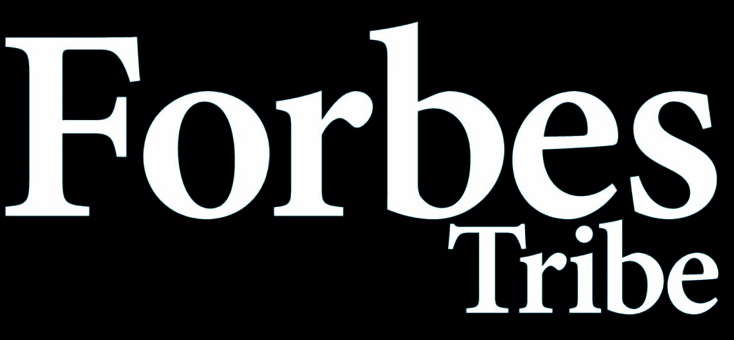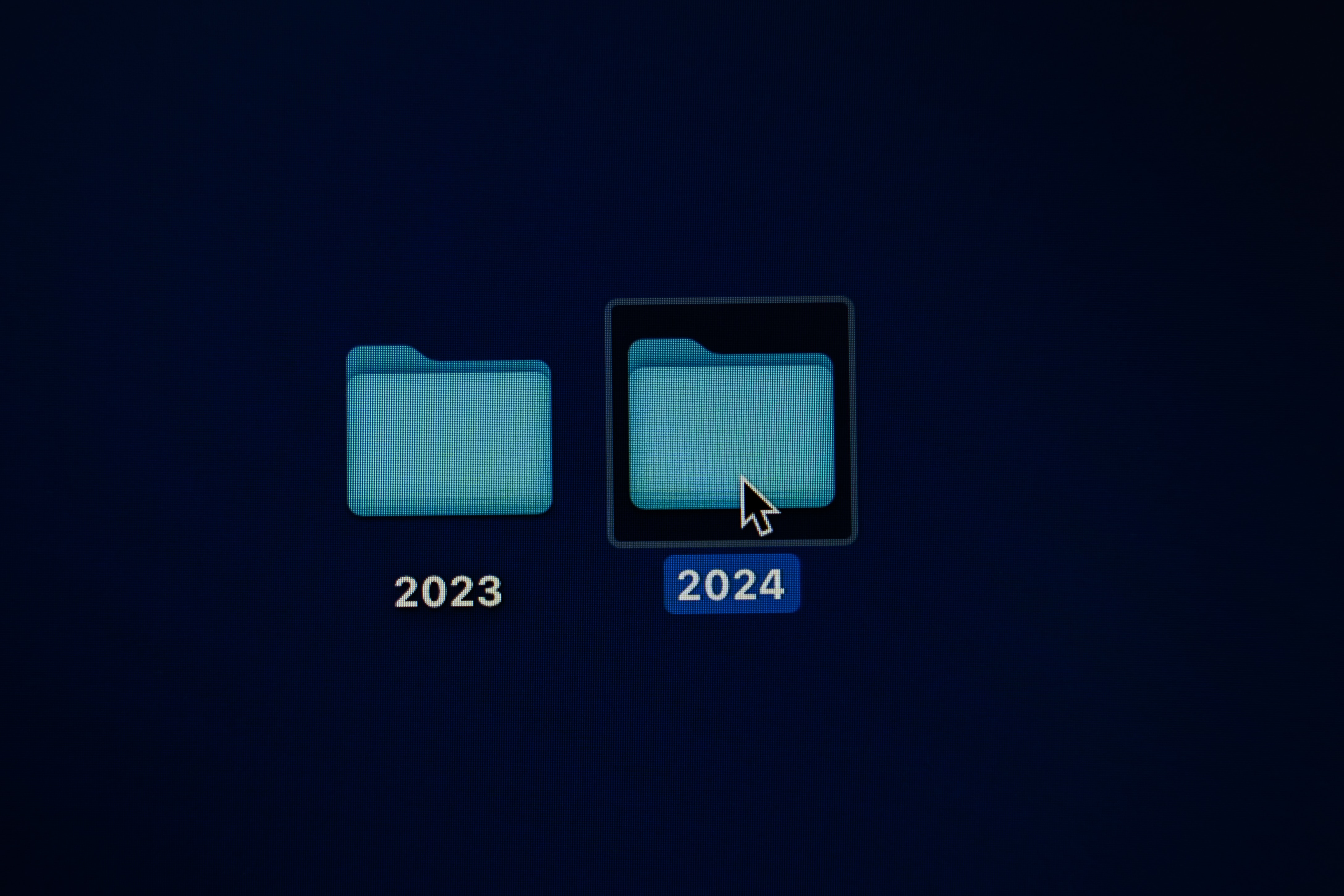Media and Communication: Shaping the Connected Society
In today’s digitized world, media and communication play a pivotal role in shaping our society. The way we consume information, interact with others, and portray ourselves has drastically transformed, thanks to the advent of various media platforms and advancements in communication technology. This article aims to explore the profound impact of media and communication on our lives.
A well-optimized website is more likely to attract organic traffic, making SEO a fundamental aspect of growing your online presence.
Media, in its various forms such as print, broadcast, and digital, serves as a powerful tool to inform, educate, and entertain individuals across the globe. It provides a platform for diverse voices to be heard and allows information to reach a wider audience. However, with the proliferation of fake news, it has become increasingly important for media organizations to prioritize accuracy and credibility.
The internet revolution has not only made media more accessible, but it has also enabled users to actively participate in the creation and dissemination of content. Social media platforms have become the preferred medium for individuals to express their views, connect with others, and share experiences. The rise of influencers and bloggers has further revolutionized the way brands engage with their audience, leveraging their power to shape consumer opinions.
This new era of communication has also given rise to concerns regarding privacy, online harassment, and the spread of misinformation. As we become more interconnected, we must navigate the ethical and legal dilemmas that arise from the unrestricted flow of information. Media literacy becomes crucial as individuals need to discern between reliable sources and fabricated narratives.
Furthermore, media and communication have redefined the dynamics of politics and democracy. Political campaigns now heavily rely on media platforms to gain visibility and shape public opinion. The ability to communicate directly with citizens through social media has granted politicians a new level of influence. However, this also opens the door to the spread of propaganda and the manipulation of public sentiment.
Education is another domain significantly impacted by media and communication. The accessibility of online educational resources has expanded the reach of education to remote areas, empowering individuals with knowledge and skills. Virtual classrooms and online learning platforms have become indispensable tools, especially during the global pandemic, ensuring continuity in education.
Advertising and marketing have also been transformed by media and communication. Brands can now target specific demographics with pinpoint accuracy, utilizing algorithms and analytics to reach potential customers. However, the constant bombardment of advertisements can also lead to information overload and consumer fatigue.
Media and communication have become crucial factors not only in social life but also in business and governance. Organizations utilize media platforms to build their brand image, connect with customers, and mobilize employees. Governments leverage communication channels to disseminate important information, engage citizens, and create dialogue.
In conclusion, media and communication have dramatically transformed our society. They have the power to amplify voices, bridge gaps, and drive change. However, as individuals and society, we must be active participants in the media landscape, critically evaluating the information we consume and fostering ethical communication practices. Only through responsible media consumption and communication can we truly harness the potential of these powerful tools to shape a connected and informed society.







